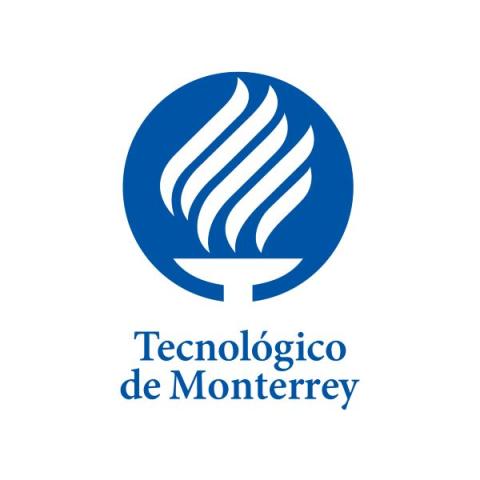
Take these seven steps to be a great teacher
In the contemporary education landscape, the role of teacher is dynamic and ever evolving. Students no longer just want to acquire knowledge in the classroom. Today’s learners seek to engage, share their experiences, articulate their thoughts and gain a profound understanding of the modern world to effectively tackle its ever-shifting challenges. Within this context, the role of a teacher emerges as not just pivotal but often determinative in the success of the teaching and learning process. But what sets a truly exceptional teacher apart?
Certainly, expertise in the subject matter is crucial, whether the educational setting is traditional or virtual. However, the distinction between being a good teacher and a remarkable one transcends the mere transmission of knowledge. It requires creating a meaningful and enriching learning experience for students, irrespective of their level of familiarity with the subject matter. This article aims to delve into the attributes that distinguish an exceptional teacher in today’s educational landscape.
1. Preparation and active engagement
A proficient teacher doesn’t step into the classroom without meticulous planning. They painstakingly prepare their lessons in advance, identifying clear learning objectives and formulating effective strategies to attain them. Moreover, they foster active student involvement by cultivating an environment that encourages open dialogue and collaborative endeavours. Leveraging technological tools such as Mentimeter, Kialo or online polls on platforms such as Zoom, they kindle interest and promote free and critical thinking.
2. Personal experience
The sharing of personal experience related to the subject matter reflects the lecturer’s passion for teaching and enriches students’ perspectives. Knowing the subject not just from textbooks but from first-hand participation in real-life events can capture students’ interest. It grants them insight into unique experiences lived by their educators, which can ignite greater enthusiasm for the subject. In my experience, it’s fascinating to observe how a class session can become more dynamic when students listen to a teacher’s personal experiences. Learners then begin to question and comment on what happened, always wanting to know more about the way their teacher got involved in that situation, how they reacted and how it impacted them.
- What is an authentic teacher and how can you become one?
- My teacher’s a robot: beating negative perceptions when teaching online
- Good teachers need to be good learners
3. Empathy and flexibility
The finest teachers are characterised by their empathy and adaptability. While fostering discipline and responsibility are fundamental values, a great teacher is also adept at understanding the individual needs of their students. They actively listen to their concerns and provide personalised support to ensure each student’s optimal academic performance. They recognise that each student is unique and demands an individualised approach to realise their full potential.
4. Effective feedback
Exceptional teachers do not confine themselves to classroom instruction alone; they extend their influence by providing balanced and constructive feedback on students’ assignments and activities. Their feedback highlights not just accomplishments but also areas for improvement, underpinned by clear and detailed suggestions for academic growth. Beyond classroom hours, they allocate time to provide extra guidance and support for students who require it.
5. Communication skills
Great teachers are adept communicators who ensure that students grasp concepts with clarity and precision. They adapt their communication style to cater to the unique needs of each student. They display patience and tolerance, facilitating a conducive learning environment where every student can progress at their own pace.
6. Inspiration and role modelling
Exceptional teachers do not merely instruct; they inspire. They epitomise values such as integrity, ethics, diligence and honesty, serving as role models not only in education but also in life. Their unwavering commitment to continuous learning and personal growth exerts a positive influence on their students, motivating them to perform at their best.
7. Commitment to lifelong learning
A remarkable teacher is ceaselessly dedicated to acquiring new knowledge and experiences to share with their students. Their commitment to lifelong learning fuels their professional and personal development, enabling them to remain up to date and deliver an ever-improving quality of education to their students.
In conclusion, an exceptional teacher transcends the role of a knowledge transmitter. They function as facilitators of learning, fostering an enriching educational environment, promoting active participation, demonstrating empathy, delivering constructive feedback and serving as a source of inspiration and guidance. Their passion for teaching and unwavering commitment to lifelong learning distinguish them, leaving an enduring impact on their students’ lives. These teachers do not merely educate; they empower and transform lives, preparing future generations to confront the ever-evolving challenges of our world. Their influence extends far beyond the classroom and endures throughout the lives of those privileged to be their students.
Gabriela Espínola Carballo is tutor-professor of educational innovation and digital learning at Tecnológico de Monterrey, Mexico.
If you would like advice and insight from academics and university staff delivered direct to your inbox each week, sign up for the THE Campus newsletter.




